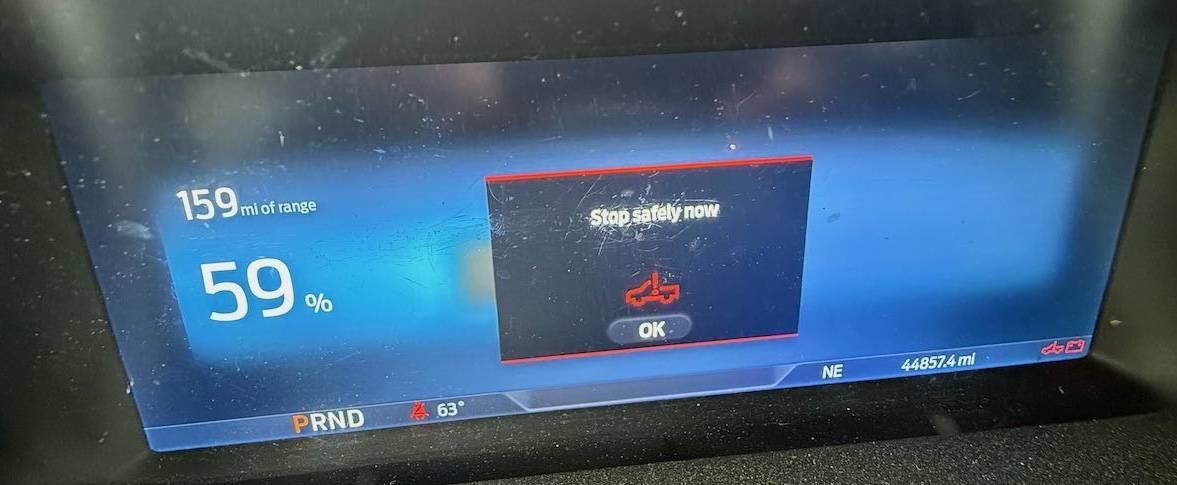Traconesu
Well-known member
- First Name
- Patrick
- Joined
- Aug 23, 2022
- Threads
- 4
- Messages
- 305
- Reaction score
- 186
- Location
- Quad cities, Illinois
- Vehicles
- Ford lightning platinum
- Occupation
- Retired
- Thread starter
- #46
I don't look forward to this.I think you're right in that sweet spot for them to start happening. 5-25k miles it feels like

Sponsored




